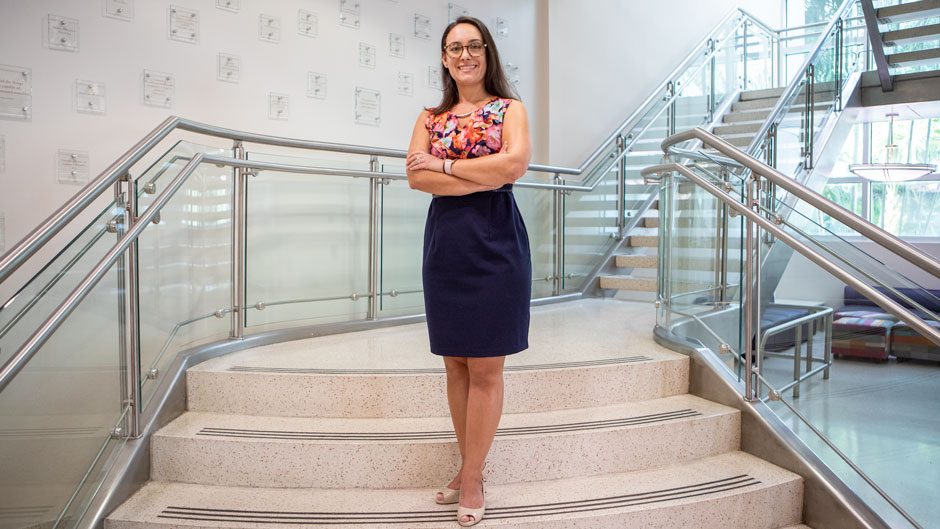Family Acceptance Project Partners with University of Miami Researcher in NIH-Funded Study to Support Hispanic LGBTQ Youth
(Miami, FL) – May 28, 2020 – Research has shown that the social environment impacts risk for lesbian, gay, bisexual and transgender and queer-identified (LGBTQ) youth, including risk for suicide, and LGBTQ youth in communities that are unsupportive are at higher risk.
In Florida and other states, increased efforts to overturn policies and laws that protect LGBTQ people contribute to mental health risks and stress for LGBTQ young people who experience higher rates of bullying and victimization. For LGBTQ youth, family support helps protect against risk and promotes well-being. This includes reducing risk for suicide, substance abuse and depression – health problems where Hispanic LGBTQ youth are at higher risk. Increasing family support is critical at a time when youth are separated from peers and confined at home during the Covid-19 pandemic.
Concern about the need to increase support for Hispanic LGBTQ youth prompted Dr. Karina Gattamorta, a professor at the University of Miami, to partner with the Family Acceptance Project (FAP) – a research-based family support initiative that helps diverse families to decrease rejection and increase support for their LGBTQ children – to reduce health risks and promote well-being – to bring FAP’s family support model to Florida.
With funding from the National Institutes of Health (NIH), Dr. Gattamorta has launched a new study in Florida to implement FAP’s family support approach with Hispanic families and their LGBTQ youth, ages 12-21, to strengthen families, decrease rejection and health risks and to increase connectedness. Dr Gattamorta’s study will provide free family support services for Hispanic families with LGBTQ youth, using FAP’s family approach and will evaluate use of these services to assess how parents and caregivers respond.
The Family Acceptance Project’s initial research and family support model were developed with Hispanic families with LGBTQ adolescents. FAP’s research found that Hispanic LGBTQ youth from highly rejecting families were more than 8 times as likely to attempt suicide and more than 3 times as likely to use illegal drugs and to be at high risk for HIV. Increasing family support can help reduce these health disparities and support positive development for LGBTQ adolescents. FAP’s family support approach is carried out in the context of the families’ cultural and religious traditions which increases the willingness of parents and caregivers to learn to support their LGBTQ children.
In discussing the urgent need for this work, Dr. Gattamorta said: “Hispanic LGBTQ youth face significant challenges in integrating their sexual orientation and gender identity with Hispanic cultural beliefs and parents’ expectations. My earlier research has shown the importance of family support for LGBTQ young people. Our new study provides an urgently needed opportunity to implement the Family Acceptance Project’s framework to reduce serious health risks and increase support for Hispanic LGBTQ youth.”
Dr. Caitlin Ryan, Director of the Family Acceptance Project at San Francisco State University, noted: “We are delighted to partner with Dr. Gattamorta to continue to build the field of family support for LGBTQ youth. Our family support model is culturally grounded and we know that addressing the family’s cultural and faith traditions are critical in helping Hispanic and other families of color learn to support their LGBTQ children.”
Dr. Gattamorta and her team at the University of Miami will be providing free family services for Hispanic families with LGBTQ youth, ages 12-21, in Florida to help reduce health risks, and to increase communication, well-being, and support.
To contact Dr. Gattamorta for information about receiving family support services and participating in the study: 305-204-5399, UMfamilyacceptance@gmail.com .
For information about the Family Acceptance Project please visit http://familyproject.sfsu.edu
